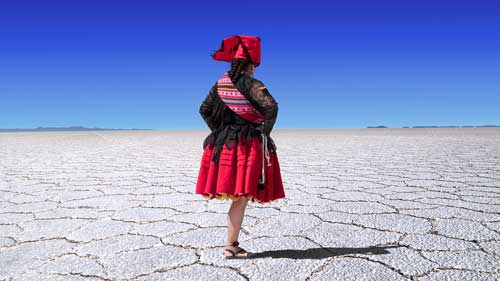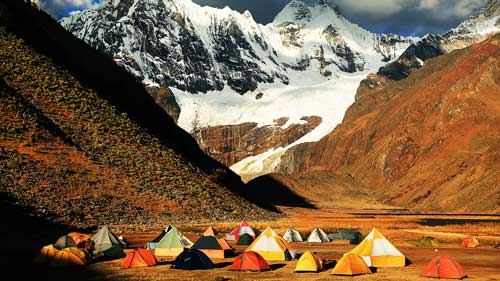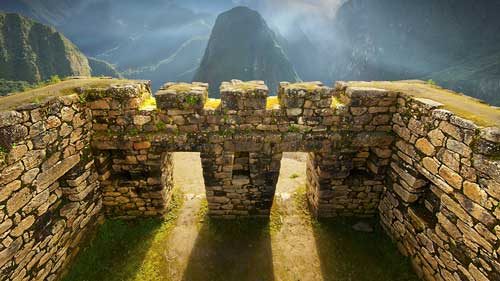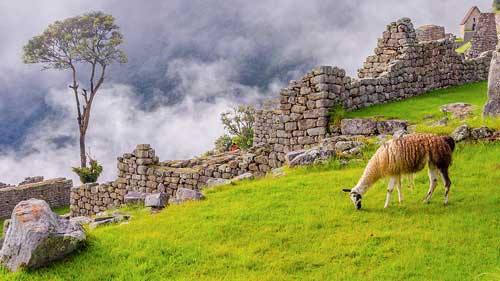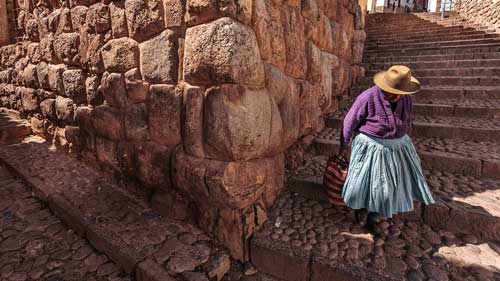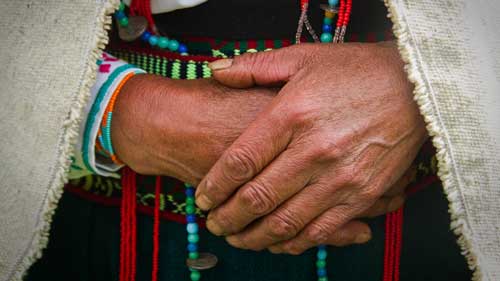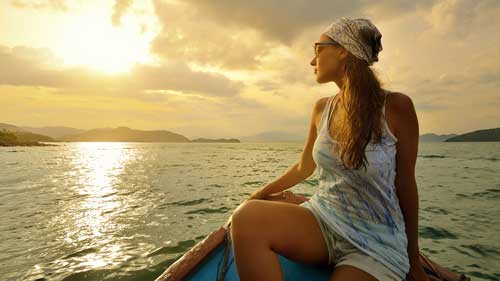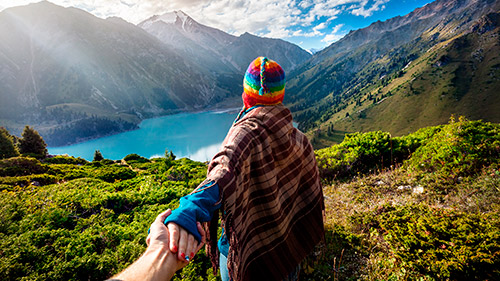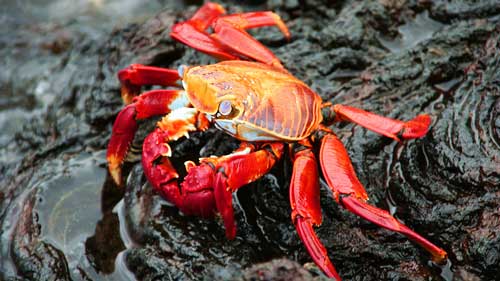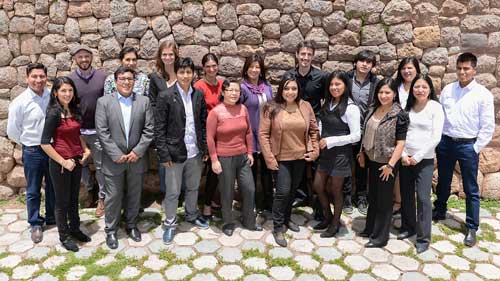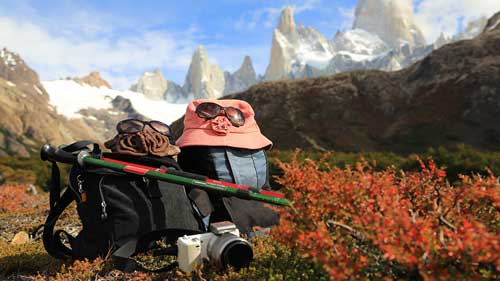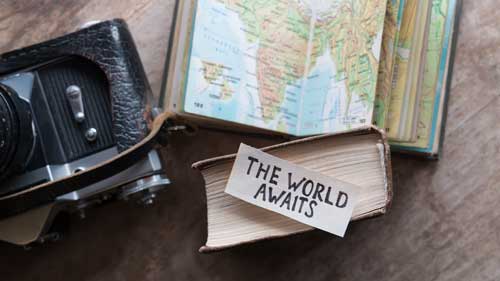I have concerns about travel safety. Can you reassure me?
Our primary concern is the safety and comfort of our clients. We monitor security situations around the world and discontinue tours in destinations that seem unsafe. We have representative offices in each major city and they are available around the clock to monitor your services, your safety, and are available to respond 24/7.
I have a food allergy. Should I worry about eating overseas?
Let us know if you have any dietary restrictions. We will inform the hotels, restaurants and guides in every destination on your tour and make sure everyone is well aware of any special dietary requirements before you arrive.
What happens in an emergency during one of your tours?
Each traveler receives comprehensive contact information for our associate offices in each country and around-the-clock emergency contact information. Additionally, we recommend purchasing comprehensive travel insurance and separate emergency evacuation insurance through a provider that will fly you to the hospital of your choice.
What is travel insurance and medical evacuation insurance?
We strongly recommend purchasing comprehensive travel insurance and medical evacuation insurance. If you do not have travel insurance and you cannot take or complete your tour for any reason, you stand to lose the entire amount you’ve paid for your trip. Travel insurance offers protection against such circumstances, including trip cancellations, interruptions and delays, baggage loss and delays, medical emergencies and other problems. Medical evacuation plans offer additional protection: in the event of an emergency, our recommended affiliate will fly you on their ICU-equipped aircraft to the hospital of your choice.
Do I need any vaccinations?
There are no required vaccinations for Peru, Ecuador or Bolivia, although the CDC recommends typhoid and Hepatitis A vaccinations. Yellow Fever inoculation and Malaria prophylaxis are recommended for all visits to the jungle. We strongly recommend consulting with a travel health professional for the up-to-date information and advice regarding specific conditions.
There is a more complete description in the Preparing for Your Travels Document.
Will I be affected by altitude sickness and what can I do to prevent it?
- Many people who visit high altitudes such as those in the Cusco, Puno, La Paz and Uyuni regions feel little or no effects of the altitude, whilst others feel the effects quite strongly.
- It is almost impossible to predict who will suffer from symptoms of altitude sickness and there is no consistent evidence that indicates that prior history or respiratory or cardiac disorders increase the likelihood or severity of altitude sickness.
- Symptoms can include light headaches, nausea, loss of appetite, trouble with sleep and lack of energy.
- Generally, most people can control their symptoms by keeping hydrated, eating little and often, avoiding alcohol and taking things easy for the first few days.
- Hotels in the higher altitude areas, such as Cusco, Puno, the Sacred Valley, La Paz, Uyuni and some in Arequipa have oxygen tanks at reception, for use if any guest feels they need it. Some luxury properties have the facility to enrich the air of certain rooms with oxygen for an extra charge.
- Some doctors prescribe acetazolamide (brand name in the US, Diamox) to help prevent symptoms. Speak with your physician if you think you might like to explore this option.
- If you find that you are experiencing more severe or prolonged symptoms please make sure to speak with your guide or host to ensure you receive any medical care required.
| Location | m.a.s.l | ft.a.s.l. |
|---|---|---|
| Aguas Calientes | 2.040 | 6.690 |
| Arequipa | 2.355 | 7.660 |
| Colca Canyon (Chivay) | 3.660 | 12.000 |
| Copacabana (Lake Titicaca) | 3.840 | 12.602 |
| Cusco | 3.400 | 11.152 |
| La Paz | 3.640 | 11.942 |
| Machu Picchu | 2.430 | 7.970 |
| Machu Picchu Mountain | 3,000 | 9.842 |
| Huayna Picchu | 2.750 | 9.022 |
| Puno (Lake Titicaca) | 3,830 | 12.556 |
| Sacred Valley | 2.870 | 9.420 |
| Quito | 2.850 | 9.350 |
Are the water and food safe?
- Water is not safe to drink directly from the tap: please drink only bottled water or water purified by boiling or other methods in your hotels and any restaurants.
- All the hotels and restaurants that we recommend and include in your itinerary exercise appropriate food hygiene and safety measures, so food and drink purchased on these premises will be safe.
- It is best to stay away from raw and peeled fruits and vegetables outside of the recommended restaurants and also avoid street food, such as anticuchos (barbequed kebabs of chicken, beef or heart) and fried chicken, cooked on the roadside.

